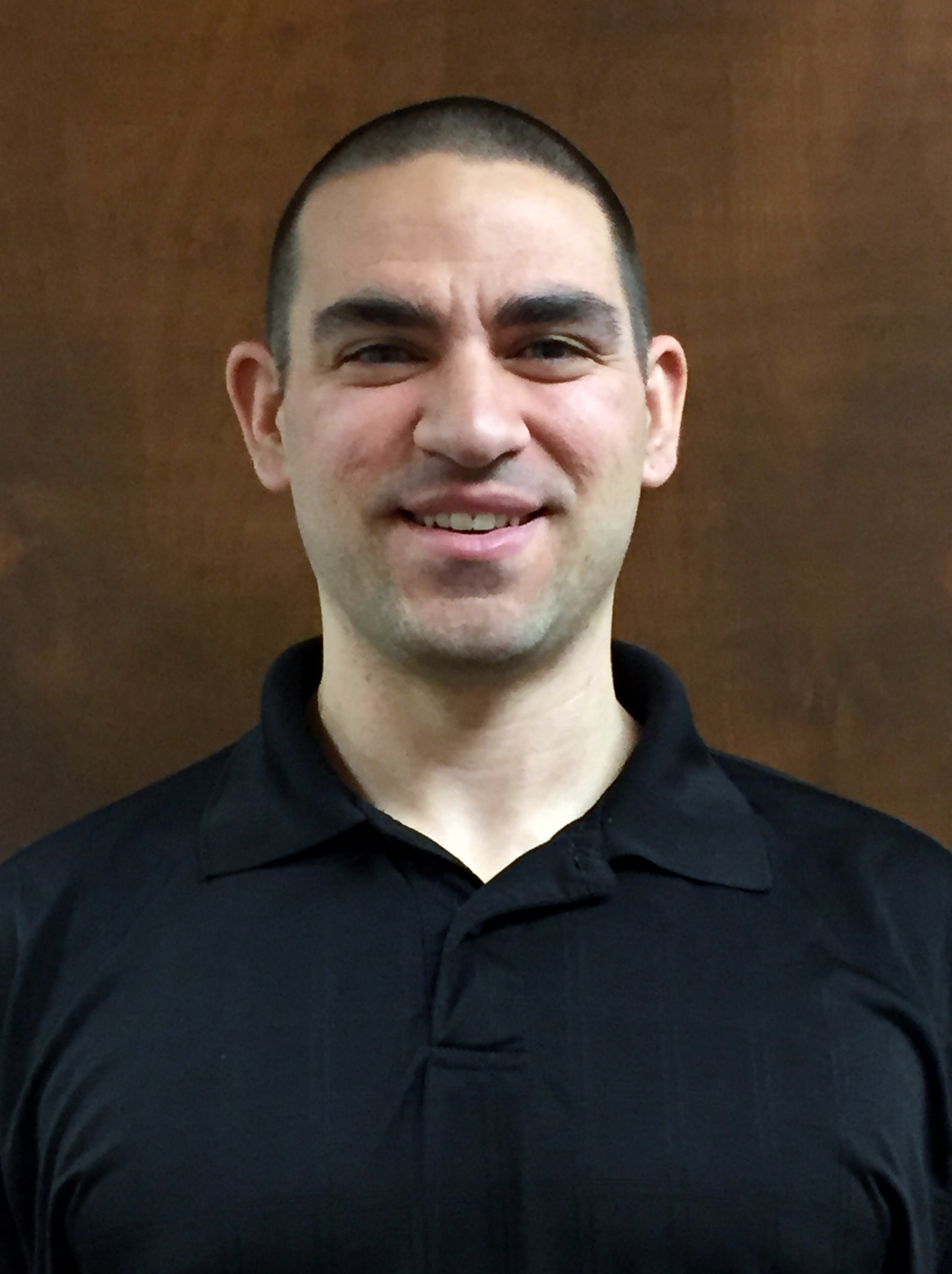Recovery from Problem Gambling Posted On
As Problem Gambling Awareness Month (PGAM) continues, we want to embrace the importance of recovery.
What is Recovery?
Recovery is the journey that someone begins when they’ve decided to walk away from an addiction. They start a new path of health and hope with the help of professionals and a supportive community. Recovery is a very exciting time for not only the individual who has made the choice, but also for the loved ones in their community.
What Does Recovery Look Like?
Just as every person is different, and just as every addiction story is different, every recovery journey from problem gambling is also different. There are two things they all have in common. First, is the choice to live a different life. The individual struggling with a gambling addiction needs to make this choice.
A second thing they all have in common is a need for a supportive community. It goes without saying that individuals who come from a history of gambling addiction also bring a history that has hurt the love ones in their community. It is important for this community of love ones to remember that what they’ve hoped for is for this person to get better. They’ve hoped for this individual to have a different way of life. And they’ve hoped for this individual to rejoin a healthy lifestyle with their community members. That said, it is not always easy to go from an affected loved one to a supportive loved one. Just as it is not easy for an individual to go from a lifestyle of addiction to gambling to a lifestyle free from gambling in recovery. But, the community that the individual in recovery develops and sustains will be the lifeline as they drive their life down this road of change.
Supporting A Loved One
To help support a loved one in recovery, a loved one also needs to be well. There are many resources and treatment providers available to help and support loved ones who have been negatively affected by someone’s gambling. To be a supportive loved one, that loved one also needs to work through their own anger and resentment towards the negative consequences of problem gambling. To be a supportive loved one in an individual’s recovery community, everyone in the community must be educated. Within an individual’s recovery community, people need to understand what problem gambling is, who is affected by problem gambling and what are the negative effects of problem gambling. This community needs to be aware of the triggers an individual faces every day to avoid problem gambling. These triggers could be money, special events that include gambling activities, or any media or TV that the depicts gambling as exciting and fun. This recovery community needs to be aware and supportive as the individual in recovery avoids these different triggers. Supporting a person in recovery can also mean a shift in language when talking about the person and their addiction. This reminder that people are more than their disease creates a shift in people’s view of recovery, allowing people in recovery to grow and reduce stigma around getting help for their gambling problem. When we are able to reduce stigma, we create more space for people to build connections, leading to a more fulfilling and lasting recovery.
Hope
Hope it such an amazing word. Hope is an infinite feeling that things could be better. Hope is a beacon of light that helps individuals, families and communities walk towards a solution; walk towards awareness and offering support for individuals in recovery from problem gambling. Hope is the driving force that keeps individuals away from acting on thoughts of suicide. Hope is the driving force that keeps loved ones holding on for a better tomorrow. This feeling of hope should be held on tightly as individuals and loved ones struggle through the journey of recovery. It should be a feeling held tightly knowing that with love, connection and teamwork that recovery from gambling addiction is possible.
Recovery for Professionals
Professionals in the field of recovery are a treasure. They are the anchor for those starting or finding a rough patch in their recovery journey. We applaud their efforts and hope for an increase of recovery communities for those starting their own journey.
For any recovery professional interested in learning how they can include more problem gambling awareness and prevention in their work, please visit the Problem Gambling Awareness Month webpage for resources such as Gambling-Free Safe Zone posters, our PGAM Facebook Challenge and media resources to include problem gambling recovery in your media awareness campaigns.

